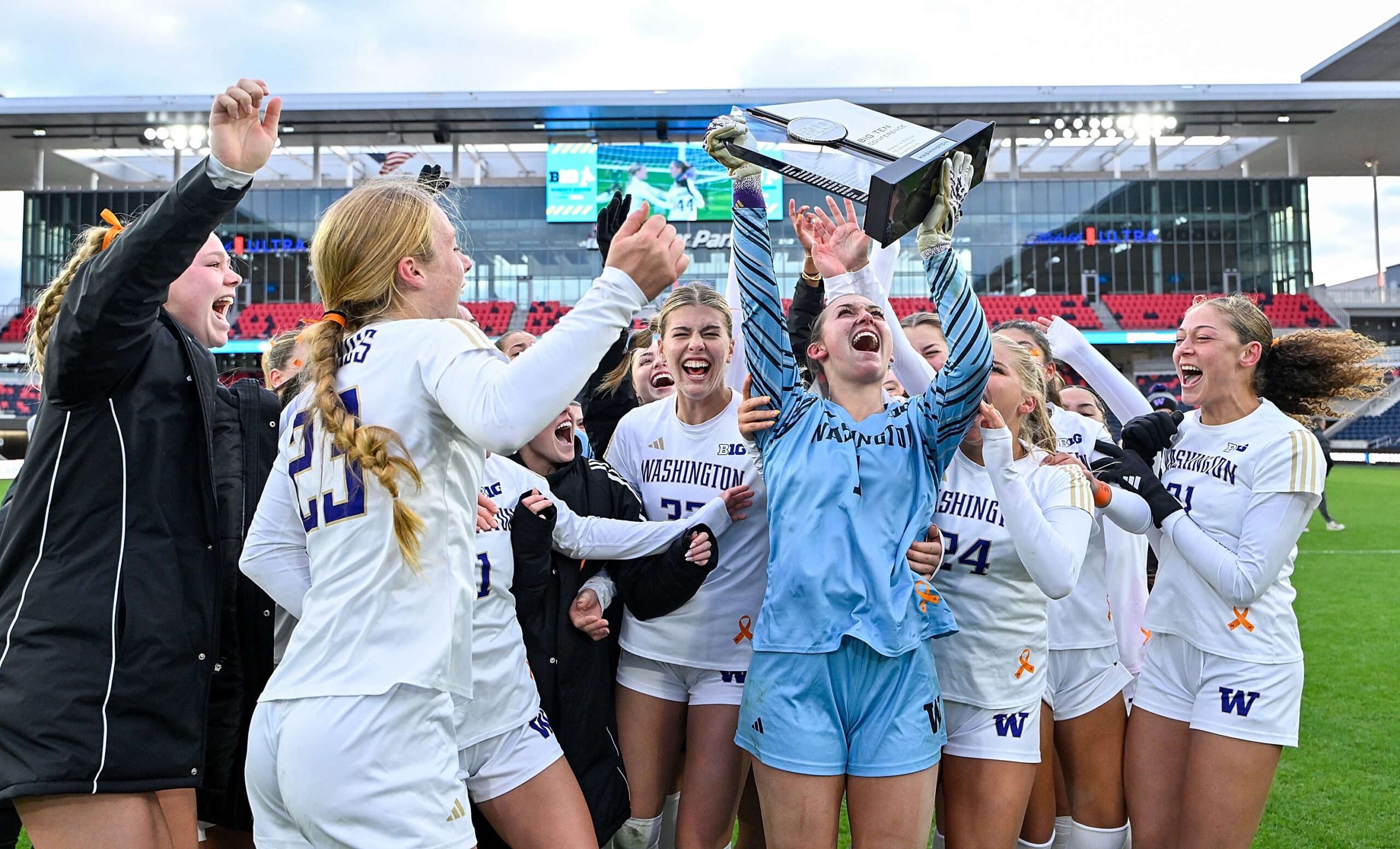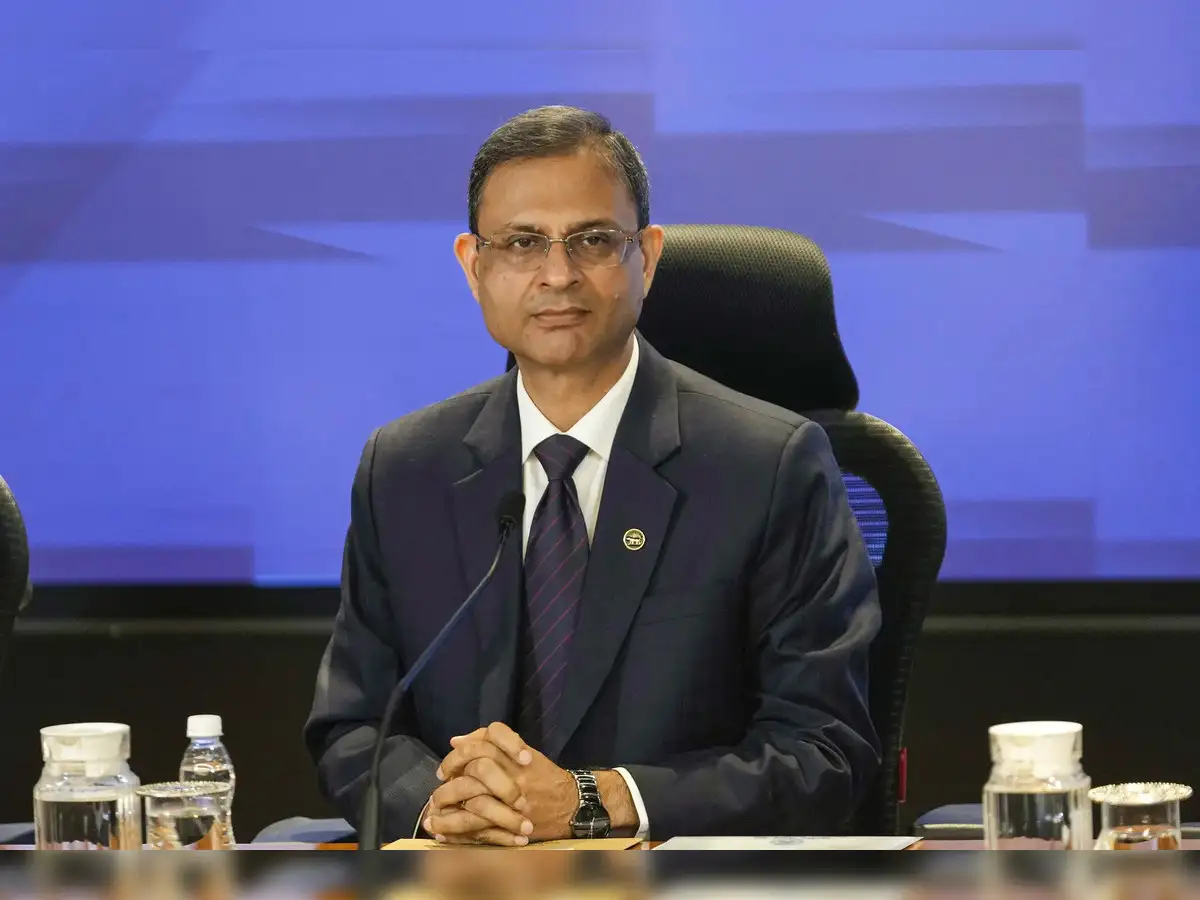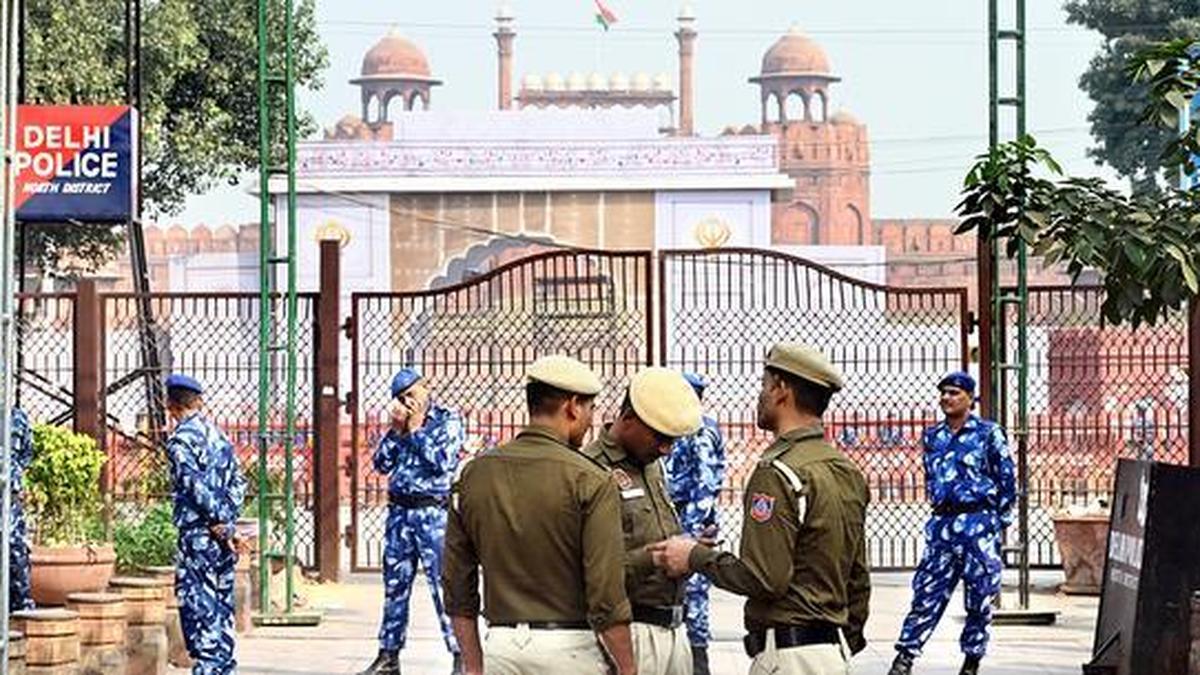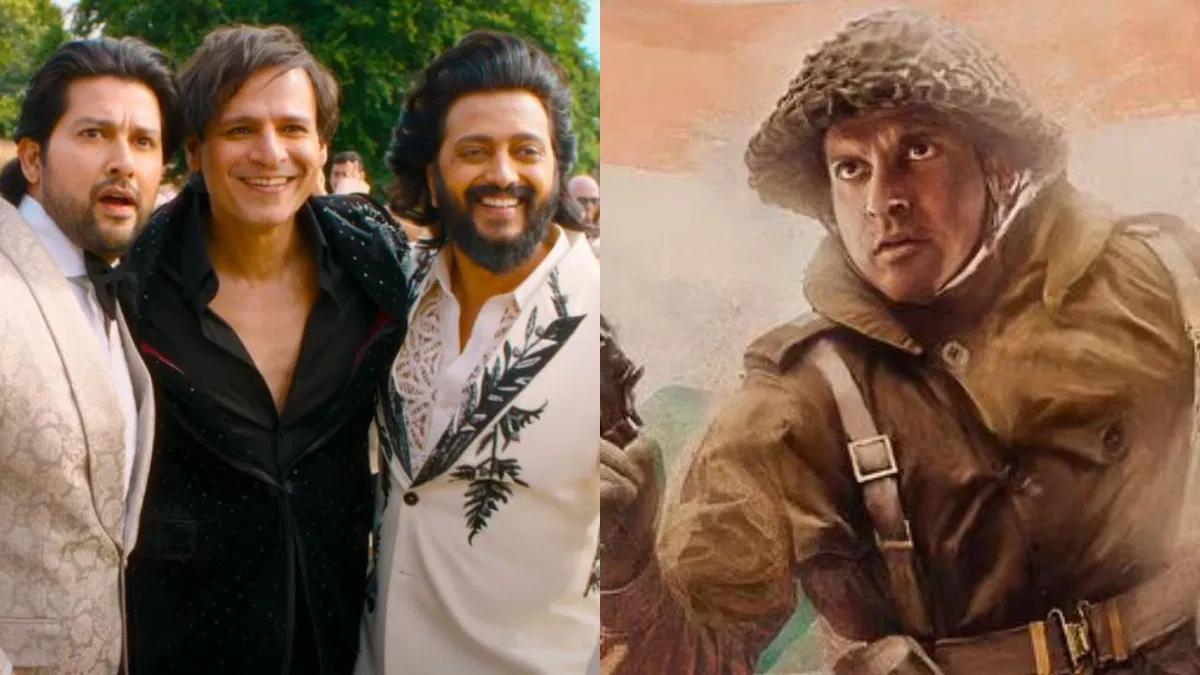The University of Washington women’s soccer team experienced one of the most emotionally complex moments in sports history when they lifted the Big Ten tournament championship title on November 9. Their triumph—secured in a tense penalty shootout—came just three days after the passing of their beloved goalkeeper, Mia Hamant, whose fight against a rare form of stage 4 kidney cancer had captured the hearts of fans, teammates, and the wider soccer community.
What unfolded during the championship was not just a display of athletic excellence, but a deeply human story of grief, resilience, and profound unity.
A Win Filled With Joy and Heartbreak
Penalty shootouts naturally amplify emotions, but this one carried unimaginable weight. As the Huskies celebrated victory, many players fell to their knees in tears. They had won the title, but they had also stepped onto the field with heavy hearts, still processing the loss of a teammate who had been the spirit of their squad.
Hamant, known for her infectious laughter, fierce competitiveness, and unwavering optimism, had been diagnosed in April with a rare and aggressive kidney cancer. Despite the life-changing diagnosis that ended her senior season on the field, she remained an ever-present force—on the sidelines, in the locker room, and even through FaceTime during away games.
Her passing on November 6 left a void that no one could have prepared for.
Mia Hamant: More Than a Goalkeeper
When head coach Nicole Van Dyke described Mia, she emphasized first her talent, because Hamant herself would have insisted on being seen as a goalkeeper before anything else. And she had the record to back it: her save percentage placed her among the top three goalkeepers in college soccer last season.
But those who knew her will remember much more than her shot-stopping abilities. Hamant was the team’s spark—funny, resilient, motivating, and endlessly supportive. She brought people together, uplifted teammates, and created a sense of joy in even the most stressful moments.
Her social media account chronicling her cancer journey, miakickscancer, became a source of inspiration far beyond the university.
Sophomore goalkeeper Tanner Ijams, whom Hamant mentored closely, reflected emotionally on her influence.
“She was my biggest role model and my biggest inspiration this season,” Ijams said. “Even in so much pain, she was still laughing with us.”
Grieving Together Before the Final
The timing of her passing—just moments after Washington’s semifinal win over Wisconsin—left the team shattered. The players learned the devastating news while surrounded by staff, friends, and family, something Van Dyke said they were deeply grateful for.
The following day was spent in quiet solidarity. The team wandered through Target together, buying pajamas and candles, seeking comfort in small, shared moments. They went to Chick-fil-A and ordered milkshakes, trying to process their grief without the person who normally would have lifted their spirits.
A difficult question awaited them: Should they still play in the championship final? Van Dyke posed this to the senior players gently, knowing they needed to choose what felt right.
But to them, the answer was obvious.
“Mia would be making fun of us for being so sad,” Ijams remembered. “She would want us to go out there and crush it.”
A Stadium Filled With Mia’s Presence
On the day of the championship match against Michigan State, the Huskies felt her everywhere. They played Hamant’s playlist in the locker room. They noticed the sunset casting an orange glow—the color of kidney cancer awareness and the ribbon they had worn all season in her honor.
It was almost poetic that the championship would end the same way one of Hamant’s most iconic performances had: in a penalty shootout.
Just a season earlier, Hamant had been the hero, making three saves to push Washington past Iowa in another shootout. The symmetry was powerful and heartbreaking.
Channeling Mia in the Shootout
Ijams stepped into the moment with remarkable composure, drawing on the tricks and mental strategies Hamant had taught her. She saved two of Michigan State’s first three penalties, giving Washington the edge they needed.
She said she felt as if the game had already been won before the shootout even began.
Each Washington player who converted a penalty honored Hamant in their own way:
- Jadyn Holdenried revealed a shirt reading “For Mia.”
- Laura Cetina kissed her orange wristband.
- Alex Buck blew kisses toward the sky.
When Julia Hüsch stepped up for the final shot, Ijams felt a rush of emotion. Hüsch scored, sealing Washington’s championship and their automatic NCAA tournament berth.
The players sprinted toward one another, arms open, tears flowing.
“We were just saying, ‘We did it for her,’” Ijams recalled.
“There wasn’t a dry eye in the stadium.”
A Victory That Transcends Sport
Coach Van Dyke emphasized that the team did not feel pressured to win “for” Hamant—they simply played with love and gratitude for her.
“Our love for Mia wasn’t going to be defined by the result,” she said. “We just knew we were playing with her beside us.”
The victory became a symbol of how sports can unify people in the face of unimaginable grief. It was not just about winning a championship; it was about honoring someone who had shaped their lives.
The Huskies now move forward into the NCAA tournament with renewed purpose. Their goal is still the national championship, but everything they do will carry the memory of Mia with them—her strength, her joy, her resilience, and the unbreakable bonds she helped create.











